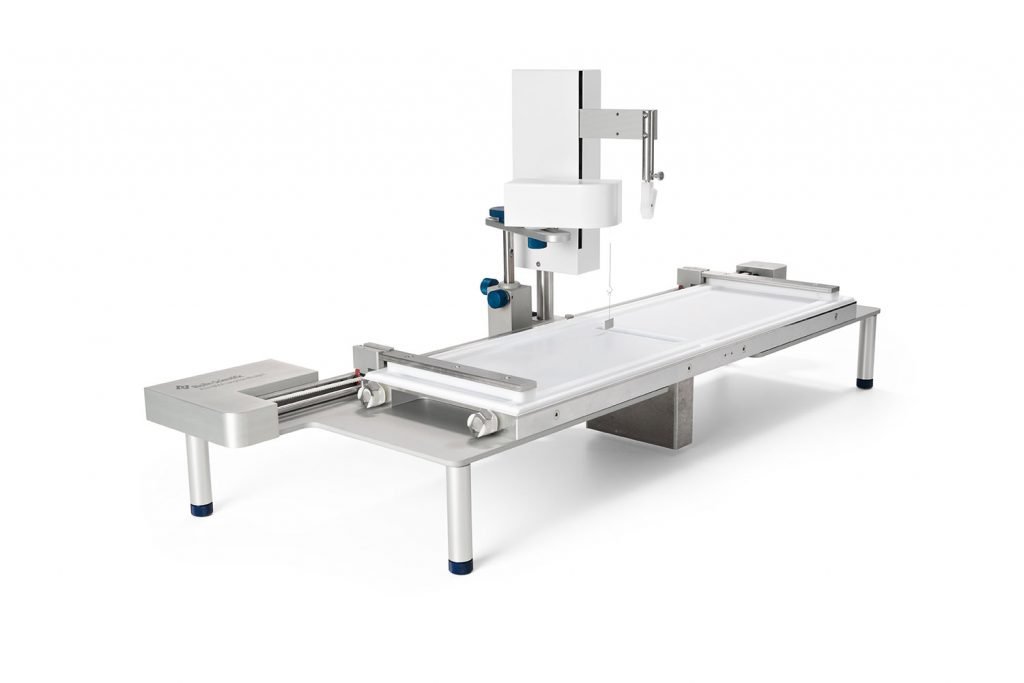
Product Overview
KSV NIMA Langmuir Troughs are the ultimate tools for effective thin layer coatings and studies. Used for creating, modifying, and studying floating Langmuir films. The systems have been designed to be extremely versatile and robust to ensure high-quality results. Langmuir technology is a unique method for studying biomembranes and the effects to them in real time.
Wide Range of Sizes and Functions
Standard Langmuir Troughs are available in several sizes and can be configured depending on the area of research
Powerful Software
The KSV NIMA LB software integrates all controls and data analysis into the same software, including various characterization tools
Talk to an Instrumentation Specialist Today!
See Available Configurations
Langmuir Trough Configurations & Modules
KSV NIMA offers a wide selection of Langmiur Troughs with various sizes and functionalities. Our Langmuir systems are fully modular, and one frame can be used for different sizes and types of trough tops.
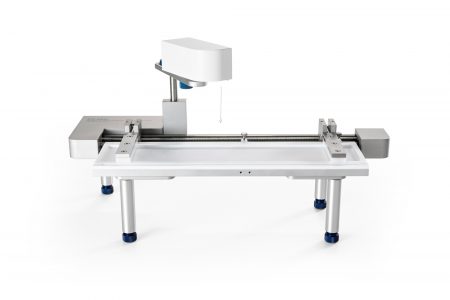
Langmuir Lite Trough
The premium quality of Langmuir-Blodgett Trough in value form. Entry level model for constrained budgets with the flexiblity to upgrade as needed with all the other KSV NIMA benefits!
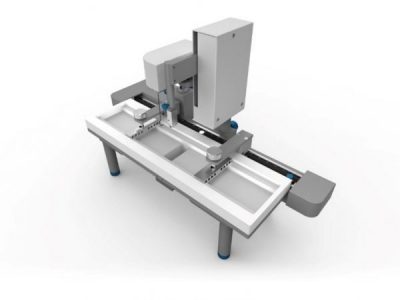
Liquid-Liquid Langmuir Troughs
Extends the capability of this instrument to use both liquid-liquid and air-liquid interfaces. The liquid-liquid interface is often used to study emulsion stability, properties of oil, and pharmaceutical research.
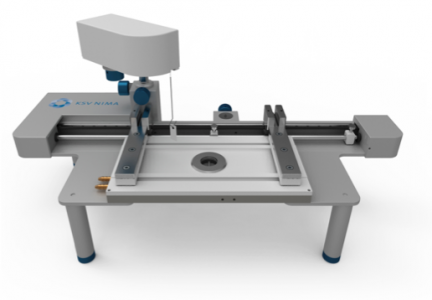
KSV NIMA Microscopy Trough
Combines the Langmuir trough with a microscope for additional characterization. This special Langmuir Trough features an upright or inverted microscopy window to study morphology, phase changes and adsorption. The window allows high optical transmission down to a wavelength of 200 nm (suitable for visible light or UV microscopy).
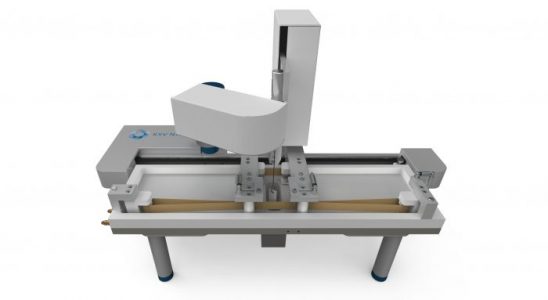
Langmuir Ribbon Barrier Trough
Ideal for studying lung surfactant (DPPC) and other applications where extremely high surface pressures are needed. The Langmuir Ribbon Barrier Trough enables the study of floating monolayers at high packing densities (e.g. > 70 mN/m for DPPC) by monolayer confinement. The PTFE-coated glass ribbon prevents any leakages that could occur under high pressure.
